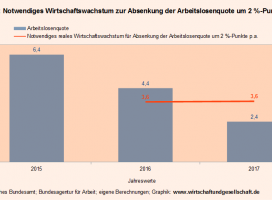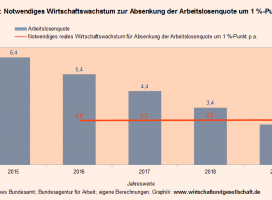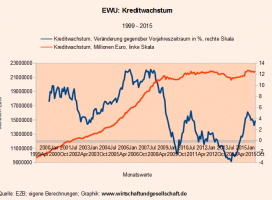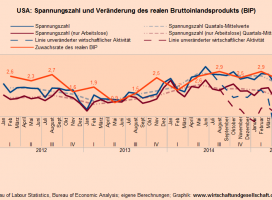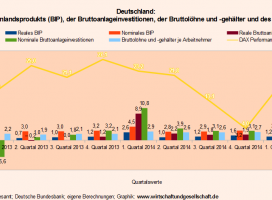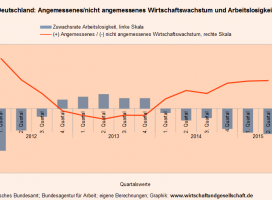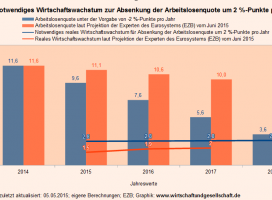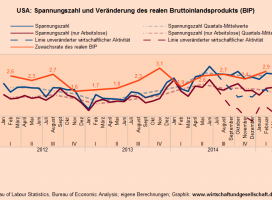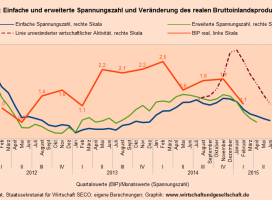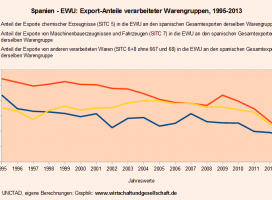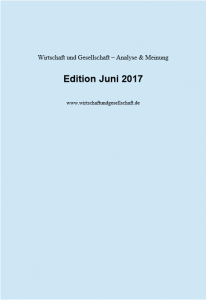The Federal Ministry of Finance has written a paper to support the German Finance Minister, Wolfgang Schäuble, on his visit at the G20 Finance ministers and central bank governors meeting in Washington. As the German newsmagazine Spiegel online reports: “German Finance Minister Wolfgang Schäuble will have the new paper in his luggage when he flies to the U.S. capital Wednesday evening. The document is designed to help Finance Ministry and Economy Ministry staff assuage the Trump administration’s concerns. Significant portions of the document read like an introduction to the fundamentals of economic policy.” However, the paper actually is far from any “fundamentals of economic policy”. The fundamentals of economic policy concerning the German trade surplus are rather found since a couple of years in the Seminannual Report on International Economic and Exchange Rate Policies by the U.S. Department of the Treasury. Perhaps even more decisive but quite unkown to many policy makers and the public at large is that Germany´s trade surplus is violating German law.
As the U.S. Department of the Treasury in its most recent report wrote, the dimension of Germany´s export surplus cannot be overrated: “Germany has a very large bilateral goods trade surplus with the United States, at $65 billion, and an extremely large current account surplus at 8.3 percent of GDP in 2016. In nominal dollar terms, Germany has the world’s largest current account surplus at close to $300 billion. This surplus represents a substantial excess of German income over German domestic absorption. Stronger demand growth in Germany will be a key factor going forward, as will be addressing Germany’s low real effective exchange rate.”
In contrast to Schäuble´s and his ministry´s position the “Act to Promote Economic Stability and Growth” demands “external equilibrium” in Section 1.
“In their economic and fiscal policy measures, the Federation and the Länder shall observe the requirements of overall economic equilibrium. These measures shall be taken in such a way that, within the framework of the market economy, they simultaneously contribute to price stability, to a high level of employment and external equilibrium, accompanied by steady and adequate economic growth.”
In Section 3 it demands clear political action concerning external equilibrium, too:
“(1) In the event that one of the aims stated in section 1 is in jeopardy, the Federal Government shall provide guidance data for simultaneous, concerted practices (concerted action) by the political subdivisions, trade unions and enterprise associations to achieve the aims stated in section 1. These guidance data shall contain, in particular, a presentation of the overall economic conditions in light of the given situation.
(2) Where one of the parties concerned so demands, the Federal Ministry of Economics and Technology shall explain the guidance data.”
Finally, Section 4 of the law demands that “Federal Government shall avail itself of all possible means of international coordination.” And: “Insofar as this does not suffice, it shall use the economic policy instruments available to it for the purpose maintaining external equilibrium.”
It is impossible that Wolfgang Schäuble and his ministry do not know about this fundamental law. However, they do not adopt appropriate measures. Perhaps the G20 Finance ministers and central bank governors should know and name this law at least and ask Schäuble what he thinks about it.
Dieser Text ist mir etwas wert
|
|


